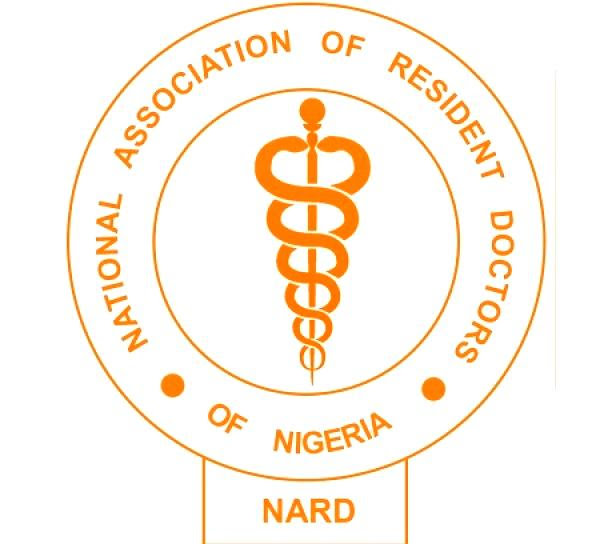Present Problematic Effects concerning the Present and Ongoing strike by Doctors in the Country.
We would wait hours for the only cardiologist in a hospital on call to go through several wards before coming to his bedside, often tired from seeing more patients than he should. On some days, there was just no cardiologist to assess my father who had a severe heart condition. This is the reality of several Nigerians, where people wait several hours and sometimes days to see a doctor and often more when it is a specialist. This has now become the norm and easily one of the situations under Nigeria’s Manage It Like That (MILT) story.
In the last two weeks, I have read with horror the experiences of Nigerians affected by the ongoing medical doctors’ strike. People have reported watching their loved ones die because they could not access a doctor. The impact of the ongoing strike is arguably underreported, possibly because the public is distracted by the third wave of the COVID-19 pandemic or the political football that discussions with stakeholders has degenerated into. The penchant for the Nigerian media is to focus on the more sensational stories over highlighting the more salient issues. There is also the fact that Nigerians have “bigger” problems to ponder over like the next meal, a job after school, incessant kidnappings and loss of lives. Nonetheless, there is no doubt that we are sitting on a ticking time bomb — the growing shortage of medical doctors.
People have reported watching their loved ones die because they could not access a doctor. Source: Twitter
The shortage of medical doctors has been a historical challenge for Nigeria. For decades, our very best have left the nation’s shores for greener pastures and better job opportunities. There is no doubt that the poor quality of health care in Nigeria is related in large part, to the critical shortage of health care workers among other factors. In the context of the COVID-19 pandemic, annual large outbreaks of infectious diseases and an exploding population density, this critical issue must be treated as a state of emergency. It should be receiving the highest level of political attention, media spotlight and advocacy for a better health sector.
Are Our Medical Doctors Truly in Excess Supply?
In April 2019, the Minister of Labour, Dr. Chris Ngige, who is also a Medical Doctor, stated that Nigeria is not lacking medical doctors. In his words: “We have surplus. If you have surplus, you export.” This is however, far from the truth. In 2016, the World Health Organisation identified that countries should aim for a minimum of 4.45 medical doctors, nurses and midwives per 1,000 population. According to World Bank data, latest figures from 2018 show that Nigeria has 0.381 medical doctors per 1,000 people, meaning, for every 10,000 Nigerians, there are about three medical doctors available. In a country with some of the worst health indices, this is grossly insufficient and unacceptable.
In 2018, NOI Polls and Nigeria Health Watch produced a survey report on the Emigration of Nigerian Medical Doctors where findings indicate that the United Kingdom is the leading country for medical doctors seeking opportunities, with 93% of the survey population interested in emigrating to that country. This is followed by the United States of America with 86%, Canada, Saudi Arabia and Australia rounding up the top 5 countries with 60%, 59% and 52% respectively.
This begs the question of how Nigeria is “comfortable” with losing its brightest talents, with its population of just over 200 million people , the poor socio-economic indicators and high prevalence of infectious diseases, to countries like the United Kingdom, Canada and Saudi Arabia with populations of 66 million, 37 million, and 34 million respectively.


